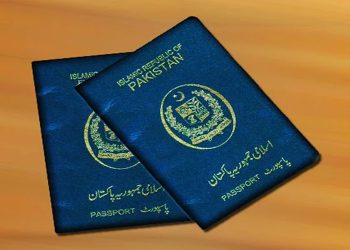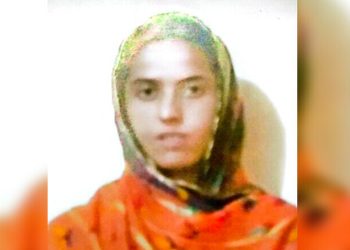Afghanistan is finally heading towards its fourth presidential election. This comes after months of false starts and uncertainty since peace talks between the United States and the Afghan Taliban were suspended by Donald Trump threatening to derail the entire election process.
Afghan voters have to decide between sixteen candidates including incumbent President Ashraf Ghani, who is seeking a second and final term, and three-time presidential contender Abdullah Abdullah. The preliminary results are not expected until October 19, but these two are considered the most serious contenders.
Ghani’s administration has been plagued by corruption and the rising number of civilian casualties by security forces. A drone strike by US forces earlier this month, intended for ISIS militants, killed thirty pine nut farmers. The US has also threatened to withdraw infrastructure development and aid funding citing financial mismanagement.
But Ghani is still seen as the leader who can govern Afghanistan out of its economic worries. A former technocrat, Ghani returned Afghanistan to help build the country after years of war. He introduced anti-corruption policies but saw little progress, and has been vocal of the way aid money was being wasted in Afghanistan.
Ghani had emerged president after the US mediated a deal amidst fraud allegations still fresh in Afghan memories, and had formed a precarious alliance with Dr. Abdullah marked by infighting ever since. The deal failed to end the animosity between the two leaders as they contest another election.
Now Abdullah is hoping for third-time luck. His journey has taken him from an eye surgeon to a resistance fighter and a politician. He was a close friend of Ahmed Shah Masood, the leader of the Northern Alliance, who was assassinated just days before 9/11 attacks. He was the closest challenger to Hamid Karzai in 2009 and was closely defeated by Ghani in 2014, later accepting a newly-created post of chief executive.
The Afghan Taliban has increasingly extended their presence undermining his authority, and the Afghan government was completely shut from peace negotiations with the US. Ghani wants the Afghan government to be given a democratic mandate in future talks. There has also been a spike in Taliban attacks in the run-up to the Afghan elections.
These elections will also see new anti-fraud measures such as biometric voter registration, but other means to alter results including voter intimidation and attempts to invalidate ballots are possible. There is also a possibility of a low turnout which can affect the legitimacy of the vote.
Regardless of the winner, there needs to be serious efforts to bring peace and stability in a country that has suffered for too long. The biggest challenge for the next president would be to assert himself if talks for the Afghan peace process are revived, and move forward after the war is finally over.






























